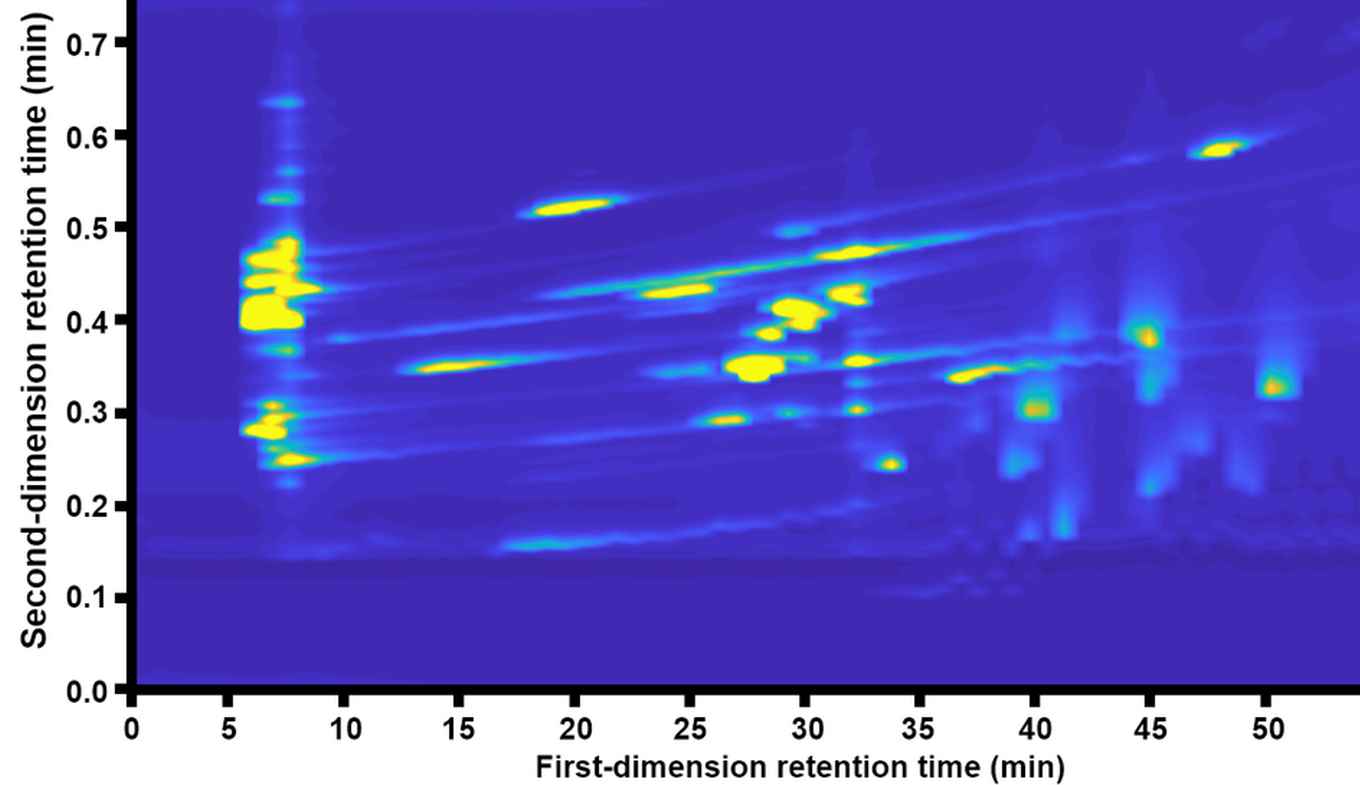PARADISE: bringing analytical science to the next level
Ambitious research project in partnership between academia, companies and the Netherlands Forensic Institute
17 February 2020

Analytical instruments are indispensable tools in many fields of modern society such as health, food, energy, materials, and the environment. In research and innovation as well as industry and trade, the samples subjected to analysis are increasingly complex. To assess their composition and to characterize the various properties of their components, a multitude of analytical techniques is required. A major problem here is that in many cases those techniques have to be applied separately. As a result, often the most-relevant properties, and in particular the relations between these, cannot be assessed.
As an example, many drug-delivery systems used in medical applications consist of biopolymeric particles that release an active pharmaceutical ingredient - the actual drug. Analytical methods are applied to study, for instance, the composition of these particles, their stability, their drug content and the release characteristics of these drugs. However, most of the time it is impossible to study several of these properties in conjunction. The methods allow for instance analysis of particle content or particle size - but not both since the former analysis requires the destruction of the particles.
Meaningful coupling of analytical techniques
The PARADISE project provides a novel approach for the analysis of multiple properties of complex samples through the sequential application of complementing analytical techniques. The challenge here is to retain property relations at the molecular scale through intelligent combination (or modulation) of the subsequent analysis steps.
The approach draws inspiration from the popular technique of 'comprehensive two-dimensional liquid chromatography' (LC×LC). Here, individual fractions resulting from a first LC separation are further analysed with a second 'orthogonal' LC analysis. Doing so drastically increases the separation power. However, to obtain meaningful results, there is a need for an intermediate modulation step that modifies the products of the first LC step so that they can be analysed in the second LC method.

Successful modulation thus allows the coupling of two orthogonal methods, yielding information on two dimensions of the sample and the correlation between these. In the PARADISE project, new modulation tools will be developed for the coupling of previously incompatible techniques. Furthermore, methods will be developed to characterize sample properties that cannot currently be measured as well as methods to obtain correlations between different sample dimensions from single experiments.
In the context of complex polymer systems, the PARADISE approach can imply that intact polymer molecules first are separated based on size. The individual fractions of equally sized molecular mass are then introduced into a reaction modulator that break-up the polymers for further analysis. In this way, a relationship between size and composition can be established.
In addition to developing new technologies to enable meaningful comprehensive orthogonal analysis, PARADISE will also develop tools for (largely) automated method data analysis and optimization also by using Artificial Intelligence tools.

PARADISE: Propelling Analysts by Removing Analytical-, Data-, Instrument-, and Sample-related Encumbrances
- Lead scientists: Arian van Asten, Ron Peters, Peter Schoenmakers, Bob Pirok (all UvA/HIMS), Govert Somsen (VU);
- Companies and research institutions involved: DSM, Genentech, Shell, NFI;
- Four-year project involving three PhD students and one postdoc researcher;
- Total project size: 1,3 million euro with approximately 900.000 euro cash contribution from NWO.